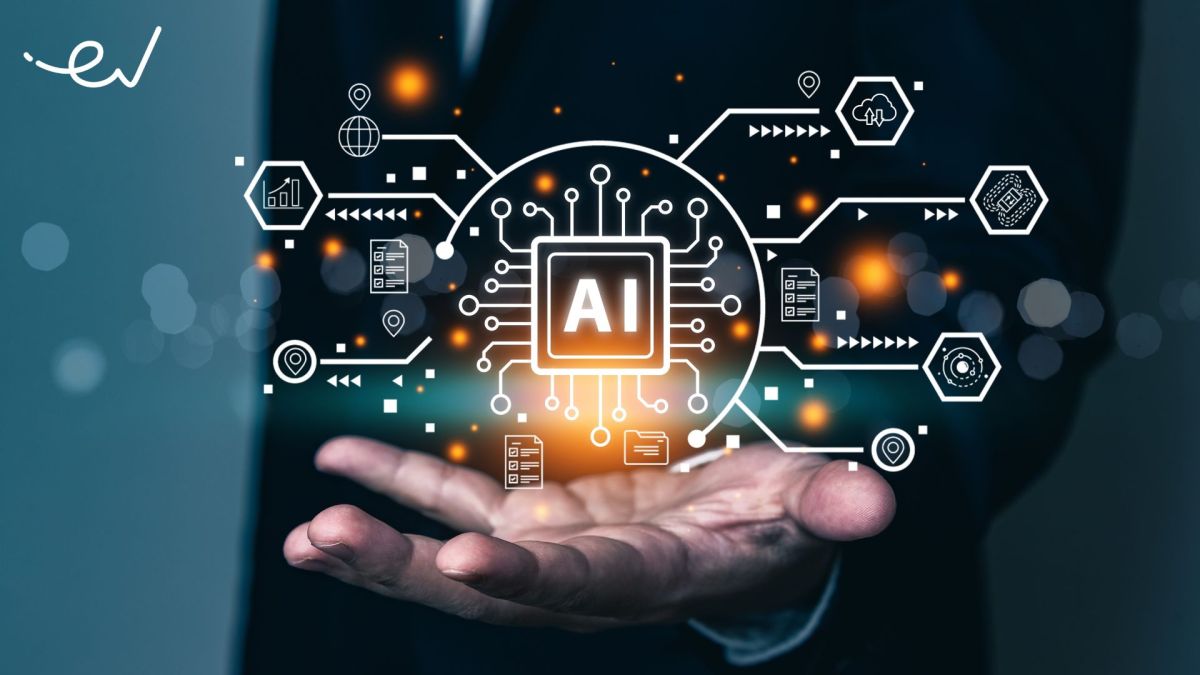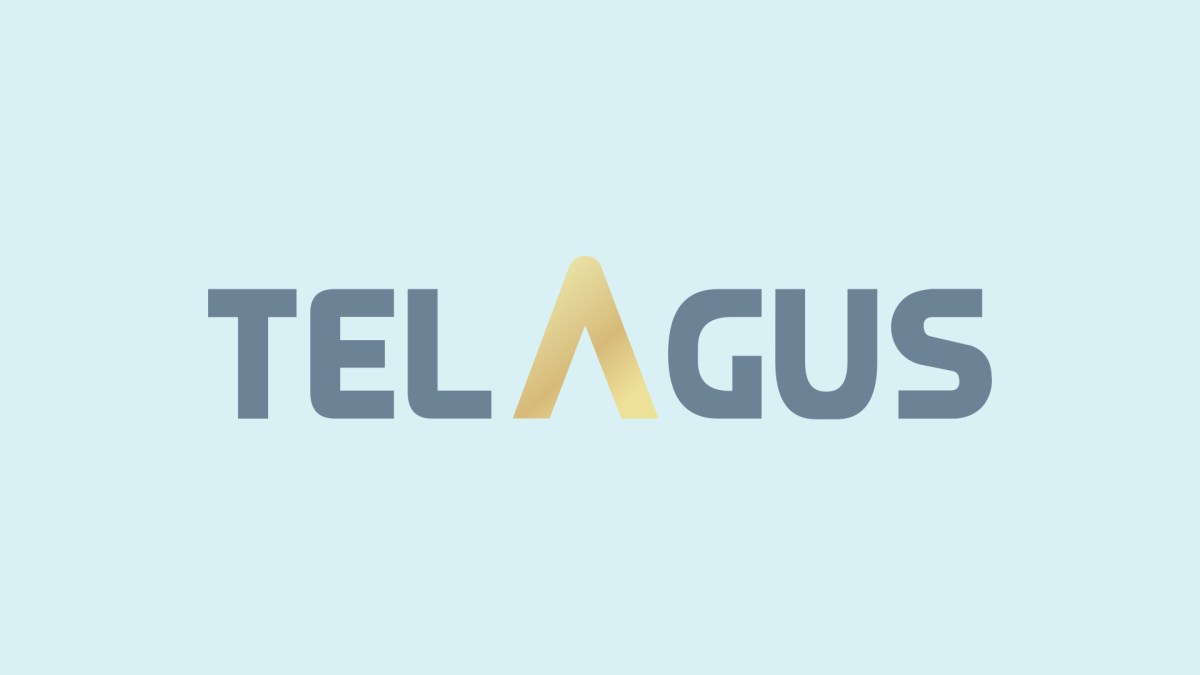CRM with AI Chatbot Integration: 7 Powerful Benefits You Can’t Ignore
In today’s fast-paced digital world, businesses are turning to smarter solutions to stay ahead. One of the most transformative innovations? CRM with AI chatbot integration. It’s not just automation—it’s intelligent, responsive, and game-changing.
1. Understanding CRM with AI Chatbot Integration

At its core, CRM (Customer Relationship Management) is a system designed to manage a company’s interactions with current and potential customers. When combined with AI chatbot integration, it becomes a dynamic, self-learning platform capable of handling customer inquiries, tracking behavior, and personalizing engagement—all in real time.
What Is a CRM System?
A CRM system collects and organizes customer data across multiple channels—email, social media, phone calls, and website interactions. It helps sales, marketing, and support teams work more efficiently by centralizing customer information.
- Tracks customer interactions and purchase history
- Manages leads and sales pipelines
- Supports marketing automation and campaign tracking
Popular CRM platforms include Salesforce, HubSpot, and Zoho CRM, each offering scalable tools for businesses of all sizes.
What Are AI Chatbots?
AI chatbots are software programs powered by artificial intelligence and natural language processing (NLP) that simulate human conversation. Unlike rule-based bots, AI chatbots learn from interactions and improve over time.
- Use machine learning to understand context and intent
- Can handle complex queries and multi-turn conversations
- Integrate with backend systems like CRM, ERP, and knowledge bases
Examples include Zendesk’s Answer Bot, Intercom’s Fin, and custom solutions built on platforms like Dialogflow or Microsoft Bot Framework.
How CRM with AI Chatbot Integration Works
Integrating an AI chatbot into a CRM system creates a seamless loop of data exchange. When a customer interacts with the chatbot, it pulls relevant data from the CRM—like past purchases or support tickets—and uses it to provide personalized responses. Simultaneously, the chatbot logs new interactions back into the CRM for future reference.
- Chatbot fetches customer profile from CRM during conversation
- Updates CRM with new inquiries, preferences, and feedback
- Triggers workflows like lead assignment or service ticket creation
“The integration of AI chatbots into CRM systems transforms customer service from reactive to proactive.” — Gartner Research
2. Key Benefits of CRM with AI Chatbot Integration
The fusion of CRM and AI chatbots isn’t just a tech upgrade—it’s a strategic advantage. Here are the top benefits driving adoption across industries.
24/7 Customer Support and Instant Response
One of the most immediate benefits of CRM with AI chatbot integration is round-the-clock availability. Customers no longer have to wait for business hours to get answers.
- Reduces response time from hours to seconds
- Handles common queries like order status, account balance, or return policies
- Escalates complex issues to human agents with full context
According to a study by Forrester, companies using AI chatbots report a 40% reduction in customer service costs while improving satisfaction scores.
Personalized Customer Experiences at Scale
AI chatbots pull customer data from the CRM to deliver hyper-personalized interactions. Whether it’s recommending products based on past purchases or addressing customers by name, personalization builds trust and loyalty.
- Uses purchase history and browsing behavior to suggest relevant offers
- Remembers customer preferences across sessions
- Sends tailored follow-ups based on interaction history
For example, Sephora’s chatbot on Facebook Messenger uses CRM data to recommend makeup products and book in-store makeovers, resulting in a 11% higher conversion rate.
Improved Lead Generation and Qualification
CRM with AI chatbot integration turns website visitors into qualified leads. Chatbots can engage users in real time, ask qualifying questions, and instantly update the CRM with lead scores and notes.
- Initiates conversations based on user behavior (e.g., exit-intent popups)
- Collects contact information in exchange for content or discounts
- Assigns lead scores based on engagement level and intent
A case study from HubSpot shows that AI-powered chatbots increased lead capture by 60% for B2B companies using CRM integration.
3. Real-World Applications of CRM with AI Chatbot Integration
From e-commerce to healthcare, businesses across sectors are leveraging CRM with AI chatbot integration to streamline operations and enhance customer engagement.
E-Commerce: Smarter Shopping Assistants
Online retailers use AI chatbots to guide customers through product selection, check inventory, and process orders—all while updating the CRM with purchase data.
- Recommends products based on browsing history and CRM data
- Provides real-time shipping and return policy information
- Offers post-purchase support and collects feedback
For instance, H&M’s chatbot on Kik acts as a virtual stylist, asking users about their preferences and suggesting outfits, which are then logged in the CRM for future marketing.
Banking and Finance: Secure, Instant Support
Financial institutions use AI chatbots to handle balance inquiries, transaction history, and fraud alerts—securely pulling data from CRM and core banking systems.
- Authenticates users via multi-factor verification
- Provides personalized financial advice based on spending patterns
- Logs all interactions for compliance and audit trails
Bank of America’s Erica chatbot has over 10 million users and handles more than 50 million client requests annually, all integrated with their CRM for seamless service.
Healthcare: Patient Engagement and Appointment Management
Hospitals and clinics use AI chatbots to schedule appointments, send reminders, and answer common health questions—while securely accessing patient records from the CRM or EMR system.
CRM with AI Chatbot Integration – CRM with AI Chatbot Integration menjadi aspek penting yang dibahas di sini.
- Reduces no-show rates with automated reminders
- Collects patient symptoms for triage and routing
- Integrates with telehealth platforms for seamless care
Mayo Clinic’s chatbot, for example, helps patients find the right care path and logs interactions for follow-up by medical staff.
4. How to Choose the Right CRM with AI Chatbot Integration
Not all CRM systems offer the same level of AI chatbot integration. Choosing the right one requires careful evaluation of features, scalability, and compatibility.
Key Features to Look For
When evaluating CRM platforms for AI chatbot integration, focus on these critical capabilities:
- Natural Language Processing (NLP): Ensures the chatbot understands complex queries
- CRM API Access: Allows seamless data exchange between chatbot and CRM
- Custom Workflow Automation: Enables triggers based on chatbot interactions
- Analytics and Reporting: Tracks chatbot performance and customer satisfaction
- Multi-Channel Support: Works across website, WhatsApp, Facebook, and SMS
Platforms like Salesforce Einstein Bots and Zendesk Answer Bot offer deep integration out of the box.
Top CRM Platforms with AI Chatbot Integration
Here are some of the leading CRM systems that support robust AI chatbot integration:
- Salesforce + Einstein Bots: AI-powered bots that integrate natively with Salesforce CRM, enabling automated case creation and lead routing.
- HubSpot + Custom Bots: Offers API access for building chatbots using Dialogflow or Watson, with full CRM sync.
- Zoho CRM + Zia: Zia, Zoho’s AI assistant, can automate responses, predict customer needs, and update records.
- Microsoft Dynamics 365 + Power Virtual Agents: No-code bot builder that integrates with Dynamics CRM for enterprise use.
Each platform offers different levels of customization and AI sophistication, so choose based on your business size and technical needs.
Integration Process: Step-by-Step Guide
Integrating an AI chatbot with your CRM doesn’t have to be complex. Follow these steps:
- Define Objectives: Identify goals—e.g., reduce support tickets, increase lead capture.
- Choose a Chatbot Platform: Select one that supports your CRM’s API (e.g., Dialogflow for Google, Watson for IBM).
- Map Data Fields: Ensure chatbot can read/write to CRM fields like name, email, lead status.
- Build Conversation Flows: Design scripts for common scenarios using CRM data.
- Test and Train: Run simulations and refine NLP models based on real interactions.
- Launch and Monitor: Deploy the bot and use analytics to optimize performance.
Tools like Zapier or Make (formerly Integromat) can simplify integration for non-technical teams.
5. Challenges and Solutions in CRM with AI Chatbot Integration
While the benefits are significant, businesses often face challenges when implementing CRM with AI chatbot integration. Recognizing these hurdles early can prevent costly mistakes.
Data Privacy and Security Concerns
Handling sensitive customer data through chatbots raises valid concerns about privacy and compliance, especially under regulations like GDPR and CCPA.
- Ensure end-to-end encryption for chatbot conversations
- Implement role-based access controls in the CRM
- Obtain explicit user consent before storing personal data
Solution: Use chatbot platforms that comply with SOC 2, ISO 27001, or HIPAA standards, and conduct regular security audits.
Handling Complex or Emotional Queries
AI chatbots excel at routine tasks but may struggle with nuanced or emotionally charged interactions.
- Train bots to recognize frustration keywords (e.g., “angry,” “cancel”)
- Set up seamless handoff to human agents with full context transfer
- Use sentiment analysis to prioritize urgent cases
For example, KLM Royal Dutch Airlines uses AI chatbots to handle flight updates but instantly routes complaints to live agents when negative sentiment is detected.
Ensuring Accuracy and Avoiding Misinformation
Chatbots that provide incorrect information can damage trust and brand reputation.
- Regularly update knowledge bases connected to the chatbot
- Implement fallback responses for unknown queries
- Use confidence scoring to determine when to escalate to humans
Solution: Leverage platforms like Google Dialogflow, which offers intent confidence scoring and continuous learning from user feedback.
6. Future Trends in CRM with AI Chatbot Integration
The evolution of CRM with AI chatbot integration is accelerating. Emerging technologies are pushing the boundaries of what’s possible in customer engagement.
Advanced Natural Language Understanding (NLU)
Future chatbots will understand not just words, but tone, sarcasm, and cultural context. This will enable more human-like interactions and reduce misinterpretations.
- Integration with large language models (LLMs) like GPT-4 and Claude
- Real-time translation for multilingual support
- Emotion detection through voice and text analysis
Companies like IBM Watson are already pioneering emotion AI to improve customer empathy in chatbots.
Predictive Analytics and Proactive Engagement
Next-gen CRM systems will use AI to predict customer needs before they arise. Chatbots will initiate conversations based on behavioral triggers.
- Send renewal reminders before subscriptions expire
- Offer discounts when a customer shows signs of churn
- Suggest products based on life events (e.g., marriage, moving)
Salesforce’s Einstein Analytics already enables predictive lead scoring, and future versions will make chatbots even more proactive.
CRM with AI Chatbot Integration – CRM with AI Chatbot Integration menjadi aspek penting yang dibahas di sini.
Voice-Enabled CRM Assistants
With the rise of smart speakers and voice search, voice-powered CRM chatbots are becoming a reality.
- Enable hands-free customer service via Alexa or Google Assistant
- Allow sales reps to update CRM records using voice commands
- Support voice authentication for secure access
Amazon Connect now integrates with Salesforce, allowing call center agents to pull up customer records using voice prompts.
7. Measuring Success: KPIs for CRM with AI Chatbot Integration
Implementing CRM with AI chatbot integration is only half the battle. Measuring its impact ensures continuous improvement and ROI justification.
Customer Satisfaction (CSAT) and Net Promoter Score (NPS)
These metrics gauge how happy customers are with their interactions.
- Send post-chat surveys to measure satisfaction
- Track NPS trends over time to assess loyalty
- Compare CSAT between bot and human interactions
Aim for a CSAT score above 80% and monitor NPS monthly.
First Response Time and Resolution Rate
Speed and effectiveness are critical in customer service.
- Measure average time for chatbot to respond
- Track percentage of queries resolved without human intervention
- Monitor escalation rate to live agents
Industry benchmarks suggest a first response time under 1 minute and a resolution rate above 70% for AI bots.
Lead Conversion and Sales Growth
For sales-focused chatbots, track how many interactions turn into opportunities.
- Measure lead-to-customer conversion rate from chatbot-initiated leads
- Track average deal size from bot-qualified leads
- Compare sales growth before and after integration
Companies like Drift report up to 3x higher conversion rates when using AI chatbots for lead engagement.
What is CRM with AI chatbot integration?
CRM with AI chatbot integration combines customer relationship management systems with artificial intelligence-powered chatbots to automate interactions, personalize experiences, and improve efficiency in sales, marketing, and support.
How does AI chatbot integration improve customer service?
It enables 24/7 support, reduces response times, provides instant answers using CRM data, and escalates complex issues to human agents with full context, improving both speed and satisfaction.
Can AI chatbots handle sales and lead generation?
Yes. AI chatbots can engage website visitors, qualify leads by asking questions, assign lead scores, and update the CRM automatically—increasing lead capture and conversion rates.
Are there security risks with CRM chatbot integration?
Potential risks include data breaches and non-compliance with privacy laws. These can be mitigated through encryption, access controls, and using compliant platforms like Salesforce or HubSpot.
Which CRM platforms offer the best AI chatbot integration?
Salesforce (Einstein Bots), HubSpot (via API), Zoho CRM (Zia), and Microsoft Dynamics 365 (Power Virtual Agents) are among the top platforms with robust AI chatbot capabilities.
The integration of CRM with AI chatbot integration is no longer a futuristic concept—it’s a present-day necessity for businesses aiming to deliver fast, personalized, and scalable customer experiences. From automating support to boosting sales and predicting customer needs, this powerful combination is reshaping how companies interact with their audiences. By understanding its benefits, navigating challenges, and measuring performance, organizations can unlock unprecedented efficiency and customer loyalty. The future of customer engagement is intelligent, proactive, and always on—and it starts with CRM with AI chatbot integration.
CRM with AI Chatbot Integration – CRM with AI Chatbot Integration menjadi aspek penting yang dibahas di sini.
Further Reading:



